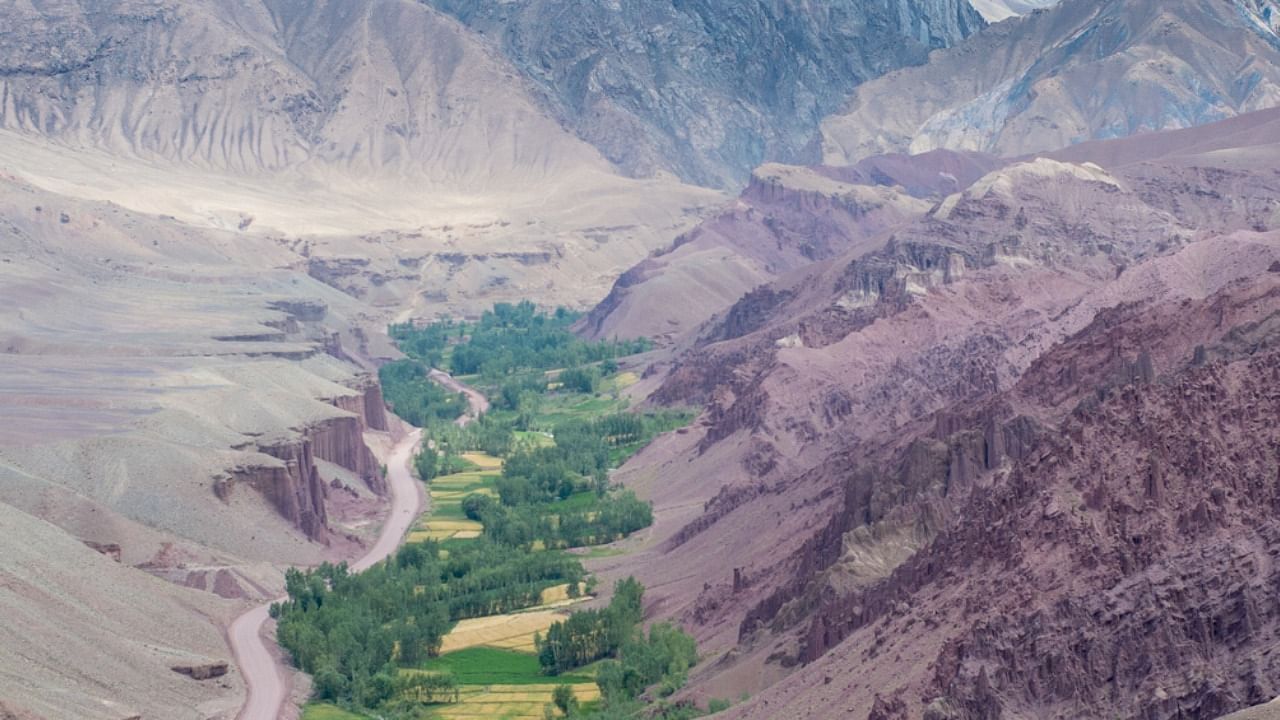
The fall of Kabul brought about a humanitarian crisis as desperate citizens of Afghanistan try to flee to escape torture and death at the hands of the Taliban. The militant regime may also repress the war-torn country’s untapped mineral resources worth $1 trillion.
Although one of the poorest countries in the world, Afghanistan happens to have vast mineral deposits like iron, copper and gold, and what could be world’s biggest lithium deposits, according to findings by US military and geologists.
Lack of infrastructure and security issues persisting in the country has prevented it from utilising these resources to its benefit and it is not likely to change under the new Taliban rule.
Neighbouring countries including Pakistan, India and China have shown interest in the minerals and have tried to engage but it has not yet taken a positive direction, according to a CNN report.
Afghanistan’s economic indicators are poor and have been the same even before the Taliban seized control of the capital. According to US research, nearly 90 per cent of Afghans were living below the government-estimated poverty line and the World Bank said the country’s economy is “shaped by fragility and aid dependence”.
Even though many poor nations fail to use the mineral wealth at their disposal to elevate domestic economies, Afghan mineral resources have huge potential across the world. Metals like lithium, cobalt, copper and nickel are needed in countries where electric cars are rising in demand, which in turn fuels the fight against climate change.
Time is not a luxury for such resources either as not only does the extraction of such metals take the money and technical knowledge, it also requires time. According to the International Energy Agency, it takes 16 years on average from the discovery of a deposit for a mine to start production.